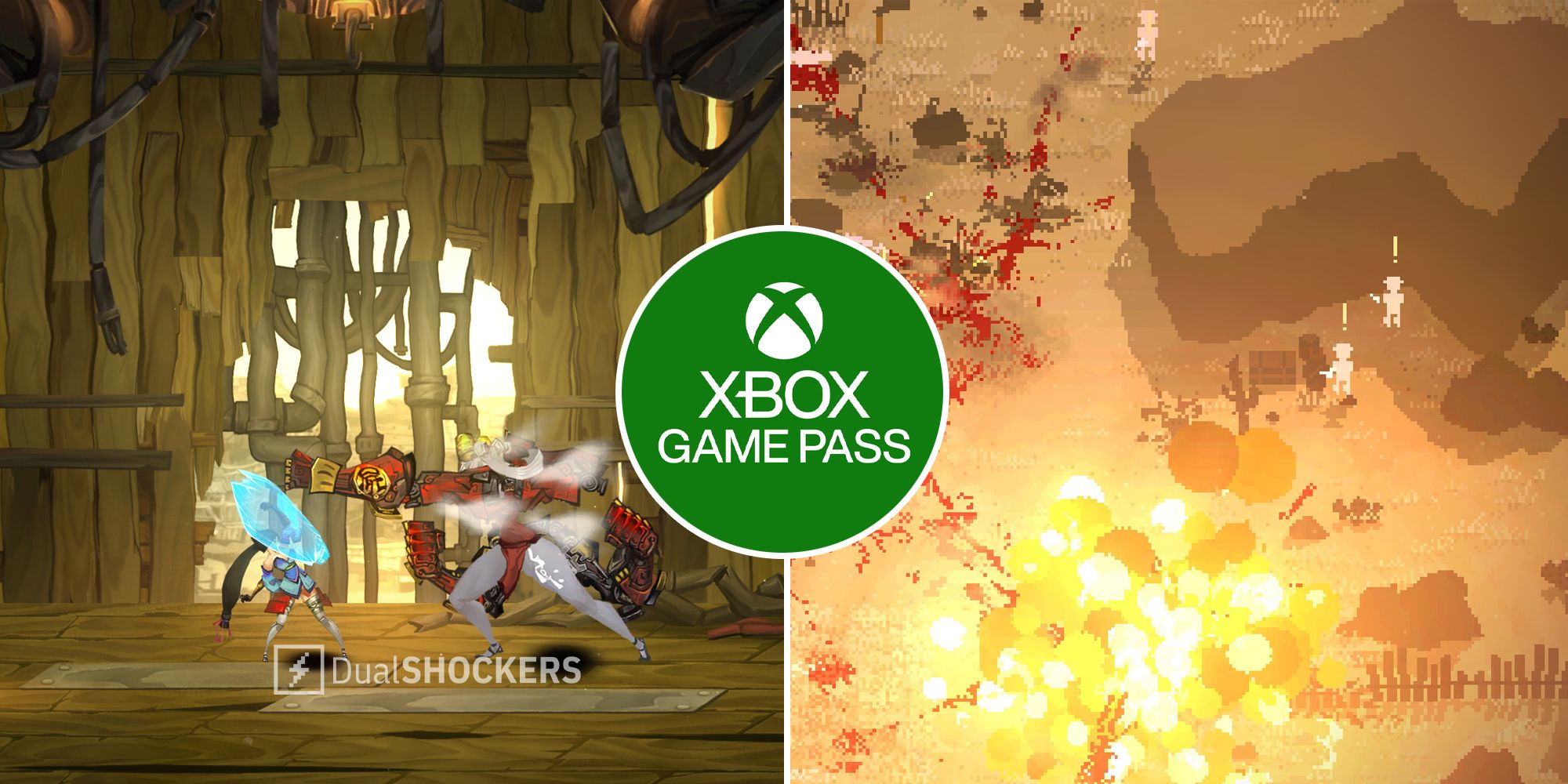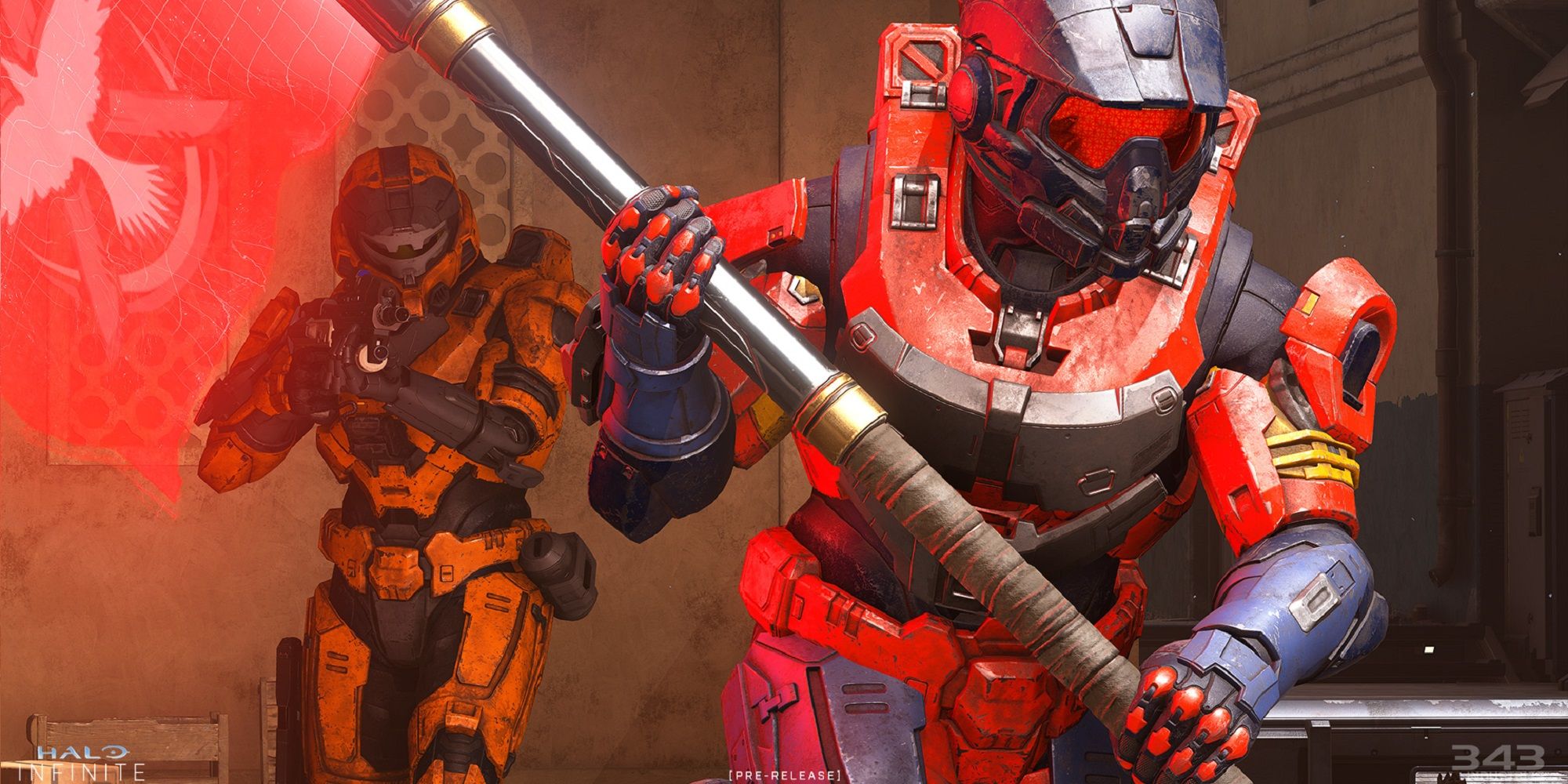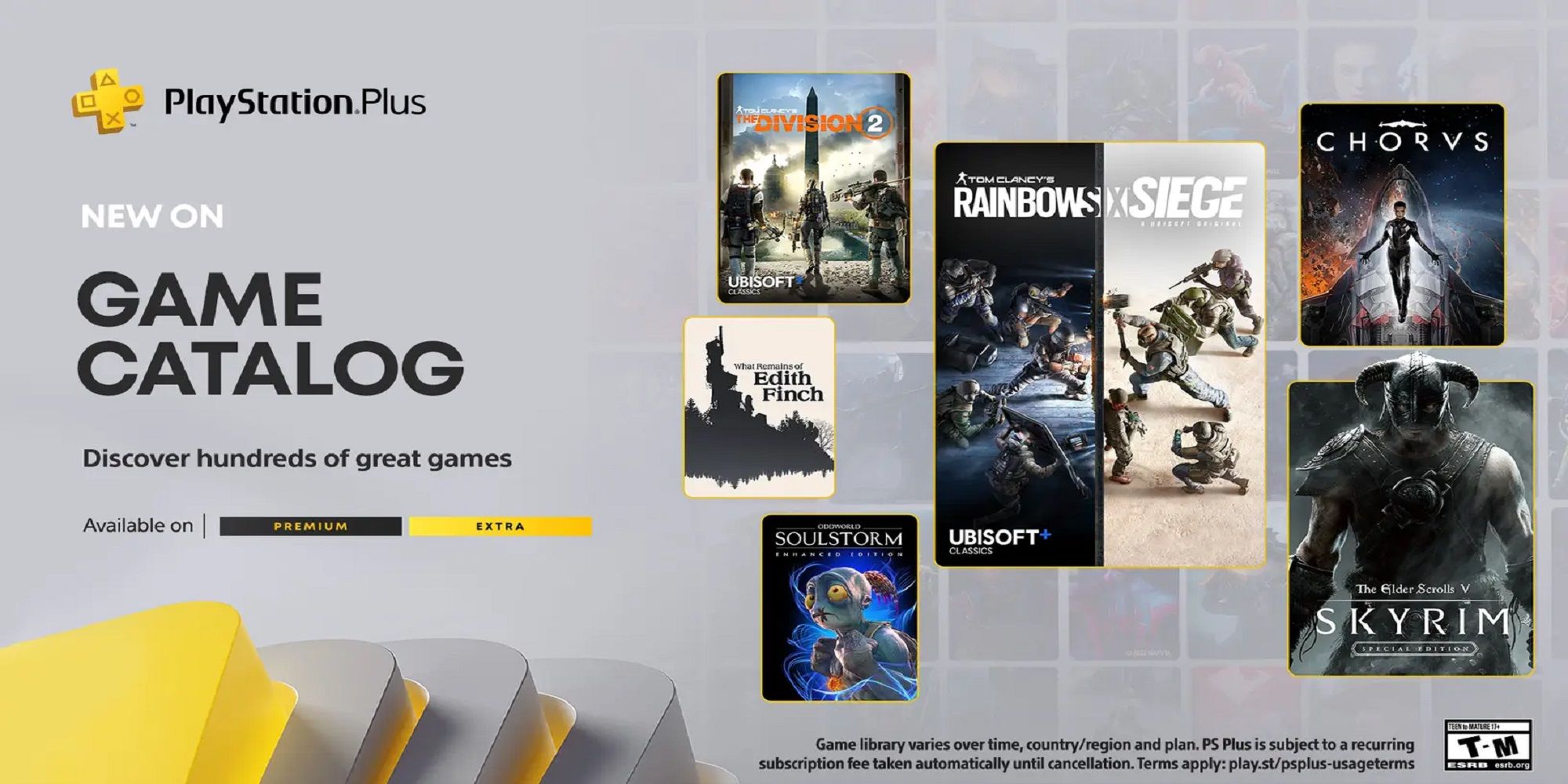Xbox is finally conceding to the new pricing of modern AAA games, a whopping $70 USD for a single game at launch. It’s not ideal, but neither is inflation slow consuming the economy and edging so many of us out of survivability - ph, what fun! While some of our readers out in regions like Australia are sadly quite accustomed to overpriced game releases, the recent hike in global costs has many troubled.
Sony went so far as to stop offering free upgrades for cross-gen games, as players were finding they could exploit this to get modern releases for cheaper. The contrast to Sony’s own offerings reaching this new price point, though, is that Xbox already solved this with Game Pass.
It’s worth considering that with this increased price for individual releases, nothing has changed for Xbox exclusives on Game Pass. You’re still getting them on launch day, or even earlier, often with extra DLC bundled in. If anything, it’s fascinating that Microsoft has prioritized the added cost onto an entirely separate avenue of gaming without raising the subscription price.
It would’ve been incredibly easy to slap another five dollars on the price tag for Game Pass Ultimate. That way, every subscriber pays up - by contrast, moving the cost onto physical and individual releases means those who are more financially able or inclined to pay the premium are fronting the cost.
The average player today is going to be far more concerned with a bargain rather than permanently owning every game that interests them - it’s a model that’s worked for Netflix, with several major hits like Daredevil getting an eventual, premium physical release.
What does this mean though if you have Game Pass but want to still own your games physically, or hold onto them while letting your subscription lapse? Game Pass Ultimate already offers its own discount on all Xbox games, and the platform has grown increasingly sales-heavy, with not only regular publisher sales, but annual DLC sales for those looking to get more out of their existing games library. It’s something I wish Sony would do more, instead of just tossing a few DLCs and VR titles amid standard releases.
And, much as it sucks for traditional release models going up in price, there is a benefit to pivoting the pricing in this manner. Even if you have to go with Game Pass instead of picking up that disc copy of Gears 6 at launch, there’s actually an option here, whereas with Sony you’re either buying it day one out of pocket, or waiting however long it takes for them to decide to deposit a title on PS Plus Premium. Still not an ideal, but of the options presented, at least you have a choice with far less risk than what the competition is offering. Of course, business-wise this works nicely for Xbox too, because should someone feel priced out of a $70 premium game, they may feel more inclined to sign up to Game Pass as an alternative (and duly forget to unsubscribe even if they don't use it for three months).
Now, if Sony were to finally get over themselves and start offering a parity of major releases on their premium subscription services, then we could argue over nitty-gritty of subscription rates and such, but their reluctance to fully commit to making PS Plus’ higher tiers worth it is a major stumbling block. I guess they’re just too busy complaining about Call of Duty and how all-powerful Xbox is at the moment to give their old fans the kind of variety they used to. In the meantime, at least Xbox is still trying to find ways to work around the inevitable rise in gaming costs.



